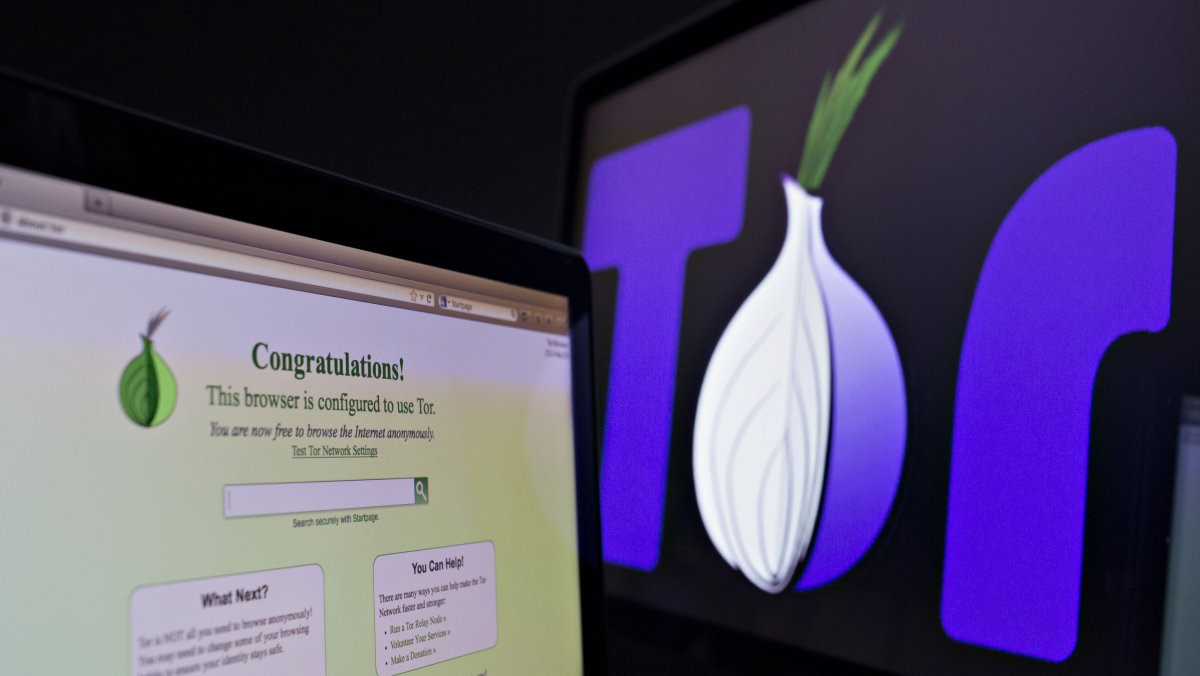
Residing within the hidden bowels of the darknet, the non-profit Tor Project is an encryption service that grants users online anonymity. Like all powerful tools, Tor has amassed quite a reputation for both good and evil, concealing users for dictatorial governments as well criminal enterprises like Silk Road online drug market. Early last year, the seemingly unhackable Tor was compromised, supplying the assailants with heaps of information about its users and ultimately endangering criminals as well as the innocent users who made be labeled as guilty-by-association in some government list. Fast forward to the present, and here we have Tor’s operators accusing Carnegie Mellon University (CMU) of accepting up to $1 million to help the FBI bust illegal sites.
Tor Director Roger Dingledine asserts that in pursuing a noble action, the FBI’s shortsightedness committed illegal action; “We think it's unlikely they could have gotten a valid warrant … [since it] appears to have indiscriminately targeted many users at once.” To support its allegation, the Tor Project highlights a number of coinciding events over the course of the last year.
The first thing to consider is the timeline for the attack, which reportedly ran between February and July 4th , until the team finally uncovered the hundreds of relays attempting to deanonymize its users. Next, Carnegie Mellon researchers submitted a presentation proposal to speak at last year’s Black Hat hacking convention and describe a new way of cracking Tor with as little as $3,000 worth of hardware. Once word spread that Tor Project really was hacked within the designated time frame, Carnegie Mellon abruptly canceled its talk. Taken at face value, the correlation is coincidental at best.
Later, on November 12, 2015, documents surface from the government’s case against the Silk Road 2.0 staffer Brian Richard Farrell, stating that Farrell’s involved with the online drug market was identified through information obtained by “a university-based research institute.” Included in the documents was the search warrant used to search Farrell’s home, in which Special Agent Michael Larson referenced an FBI source that provided “”reliable IP addresses for TOR and hidden services such as [Silk Road 2.0] between January 2014 and July 2014,” the same time frame during the alleged Tor attack.
It’s easy to wag one’s finger at entire fiasco and suggest that if you play with fire, you’ll inevitably get burned; but it cannot be denied that if the facts are true, the FBI committed an illegal attack by proxy to avoid the illegal consequences of not having a warrant. What does this say about our online 4th amendment rights?
When contacted by Wired, Carnegie Mellon stated that Tor Project has no evidence to support its claim — which is true. Furthermore, the $1 million service fee was “quoted by friends in the security community,” explained Dingledine.
Source: The Verge
Advertisement
Learn more about Electronic Products Magazine





